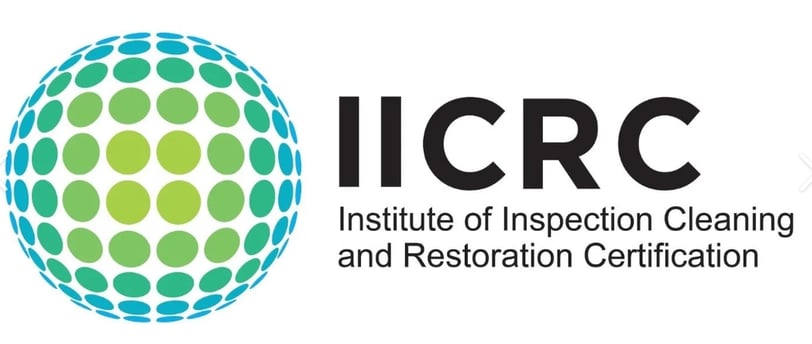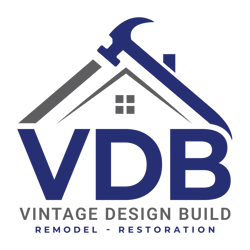CALL or TEXT us 480-744-0820
<!-- Google Tag Manager -->
<script>(function(w,d,s,l,i){w[l]=w[l]||[];w[l].push({'gtm.start':
new Date().getTime(),event:'gtm.js'});var f=d.getElementsByTagName
Understanding IICRC Certifications: The Importance of Water Damage Restoration Standards


What is IICRC Certification?
The Institute of Inspection, Cleaning and Restoration Certification (IICRC) is a nonprofit organization that sets the standards for the inspection, cleaning, and restoration industries. It plays a crucial role in ensuring that professionals working in these fields adhere to the necessary guidelines and best practices. IICRC certification is achieved through rigorous training and testing, which provides a solid foundation of knowledge for professionals, making it an invaluable asset in the water damage restoration sector.
Why Water Certification Matters
Having a water certification is essential for restoration professionals who deal with water damage situations. Water damage can result from various sources such as floods, leaks, or pipe bursts, and if not managed correctly, it can lead to significant structural deterioration and health issues. The IICRC outlines specific standards for water damage restoration, ensuring that everything affected is thoroughly dried or removed according to industry benchmarks.
Professionals with IICRC water certification are trained to identify the extent of damage and the best methods for remediation. Their knowledge includes assessment techniques, drying principles, and the use of specialized equipment. The standards established by the IICRC not only ensure that restorations are effective but also protect clients from potential long-term consequences associated with inadequate restoration efforts, such as mold growth and structural instability.
The Role of IICRC Standards in Restoration
The standards and guidelines provided by the IICRC form the backbone of professional water damage restoration practices. They ensure a consistent approach that prioritizes safety, efficiency, and thoroughness. For individuals and businesses facing water damage, engaging a certified professional means they are receiving services from individuals trained under established protocols aimed at achieving optimal results.
Moreover, adhering to IICRC standards can significantly enhance a company's reputation. Certification signals to potential clients that the restoration service provider is dedicated to maintaining a high level of professionalism and expertise. This not only builds trust but also encourages clients to choose certified services over non-certified ones, knowing they are investing in quality restoration practices.
In conclusion, understanding IICRC certifications and their significance in water damage restoration is crucial for both professionals and clients alike. These certifications signify that the professionals are equipped with the knowledge and skills necessary to handle water damage effectively, ensuring that everything affected is dried or removed according to stringent industry standards. This commitment to best practices not only safeguards properties but also promotes healthier living environments, making IICRC certifications a vital standard in the restoration industry.

